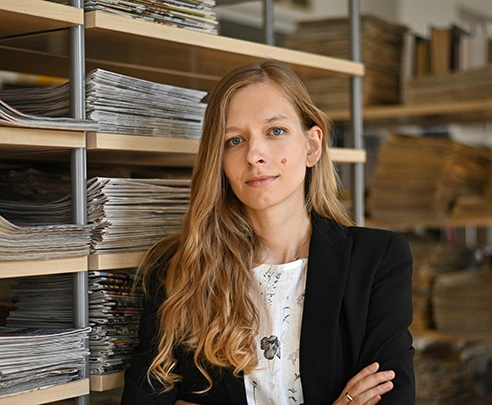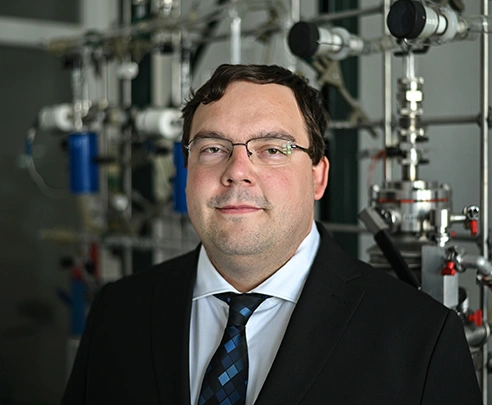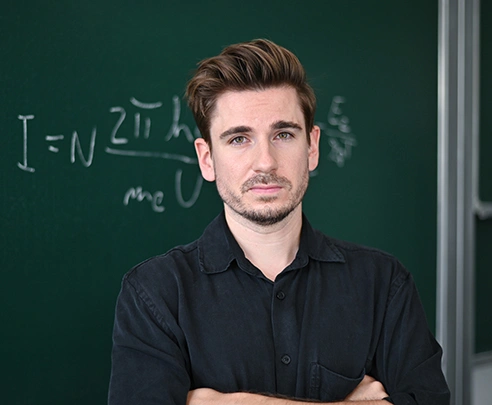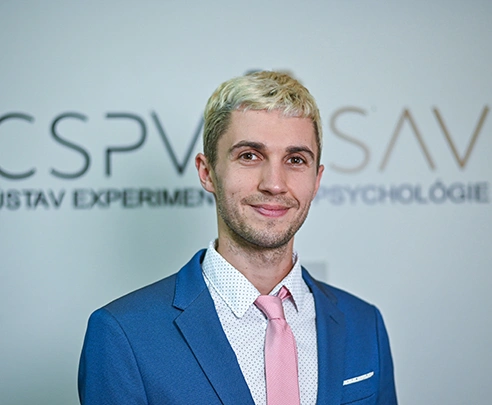Dr. Akansha Mehta comes from India but has built her scientific career in Slovakia. She works at the FunGlass Centre in Trenčín, specializing in the development of functional and surface-functionalized glass. Her research focuses on modifying the chemical composition and structure of glass to create new properties for applications in energy, environmental technologies, and biomedicine.
As a materials scientist, she explores glasses that can convert light into energy, purify water from pollutants, or support biomedical implants. Her work combines experimental techniques with nanotechnology and advanced analytical methods. “What motivates me most is that our research has a tangible impact – it starts in the lab but leads to solutions that can benefit society,” she explains.
Her decision to move to Slovakia was guided by her search for an environment where she could work on interdisciplinary projects and become part of the European research community. FunGlass offered her a unique space that connects top-level research with international collaboration. Today, she is among the leaders of teams cooperating with partners across Europe and Asia.
Sustainability is at the heart of her scientific mission. She believes glass can play a crucial role in tackling global challenges – from energy efficiency to environmental safety to healthcare. “The world is facing massive issues such as climate change and resource scarcity. Science has the tools to contribute to solutions – and glass is one of them,” she says.
Her story is also one of courage and inspiration. Coming from India, she had to build her academic path in a different cultural environment and overcome various challenges. Today she represents how Slovakia can attract and retain talented researchers from abroad. She also emphasizes her wish to inspire young women to pursue scientific careers.
Outside the lab, she enjoys traveling and exploring different cultures. These diverse experiences, she says, have taught her to see science as an international language of cooperation. Studying glass – a material that may appear ordinary – has shown her that even the most common substances can carry extraordinary potential to change the world.



